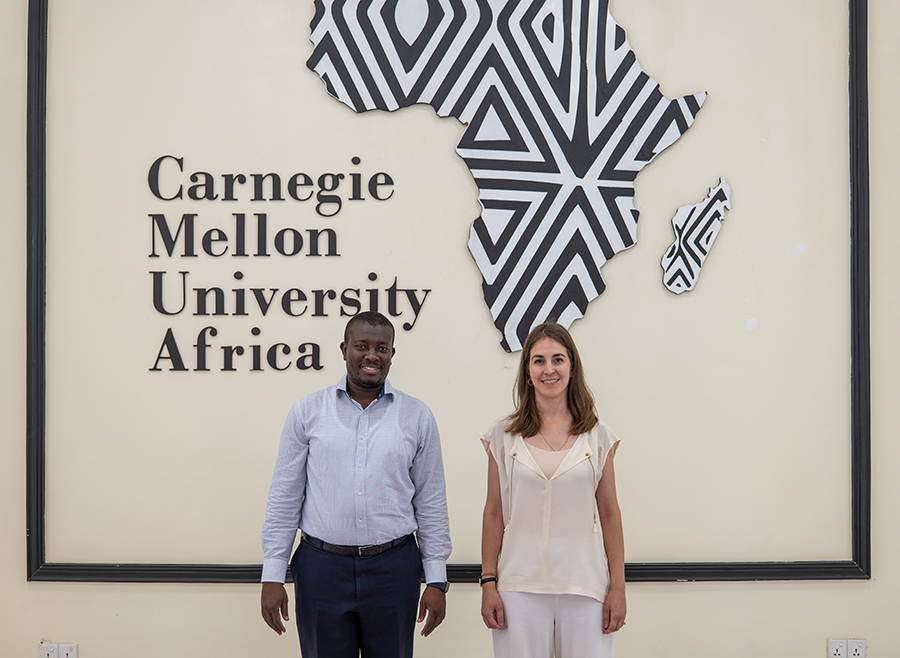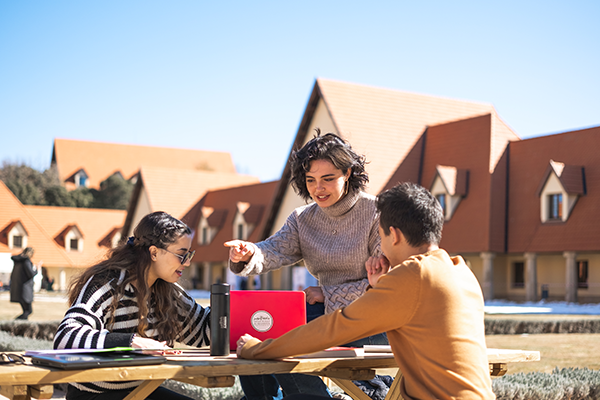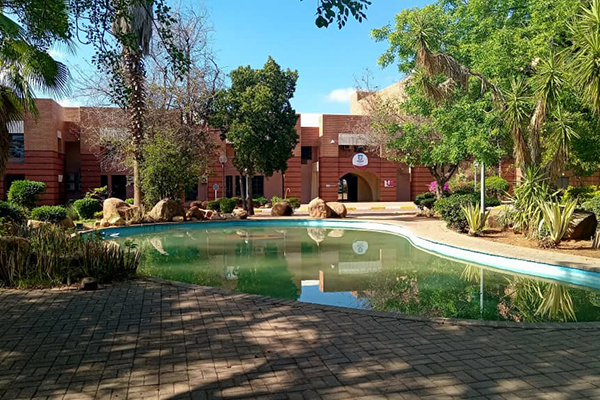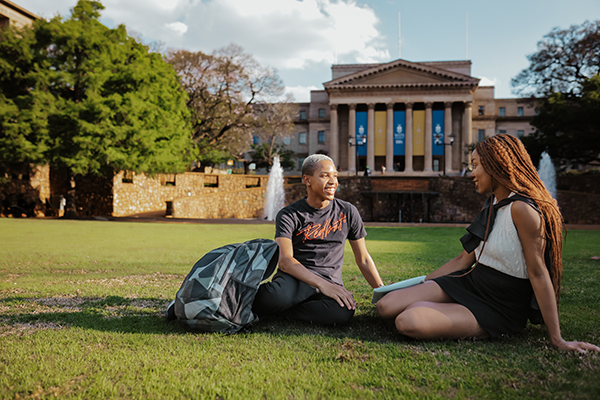CMU-Africa expands digital public infrastructure initiative
The Upanzi Network will fund research projects in Morocco, Botswana, and South Africa, with plans for additional partnerships.
Carnegie Mellon University Africa announced today that it will expand its digital public infrastructure initiative across the continent. Called the Upanzi Network, this Africa-based collaboration of engineering research labs will work toward a secure and resilient digital transformation by focusing on innovation across the entire pipeline of open standard technologies for the public good.
The initiative was launched in 2021 with the creation of a research laboratory at CMU-Africa in Kigali, Rwanda. Since its launch, the laboratory has made progress in capacity building, knowledge transfer, and digital public infrastructure governance and deployment. It performs research in areas of identity, payments, cybersecurity, cloud computing, data governance, and artificial intelligence and machine learning. The Upanzi Network will expand its reach by partnering with laboratories at Al Akhawayn University (Ifrane, Morocco), the University of Botswana (Gaborone, Botswana), and University of the Witwatersrand (Johannesburg, South Africa). The network has plans to add additional partners on the continent.

Source: College of Engineering
The Upanzi Network is co-directed by CMU-Africa’s Assane Gueye and ECE’s Giulia Fanti.
“In order to develop digital solutions that benefit all Africans, it is essential that researchers from different African regions collaborate,” said Conrad Tucker, director of CMU-Africa and associate dean for international affairs-Africa in CMU’s College of Engineering. “There are no one-size-fits-all solutions on the continent; technologies need to be developed with local context and culture in mind.”
Each university partner lab has received a one-year seed grant for a research project related to the goals of the Upanzi Network. Projects will have impact in several sectors, including:
- Public service: A specialized lab will be created within the School of Science and Engineering at Al Akhawayn University dedicated to advancing public digital transformation. This lab will focus on the critical role that digital transformation can play in modern governance by enhancing the efficiency, transparency, and inclusiveness of public services.
- Agribusiness: Researchers in the Department of Electrical Engineering at the University of Botswana will explore how smart Internet of Things products can make farm management more efficient. They will focus on problems that farmers face in areas such as animal health, animal security, and water management. A workshop and competition will also be conducted to develop skills and knowledge to address such challenges for the youth.
- Education: University of the Witwatersrand’s Hub for Multilingual Education and Literacies and the Games, Artificial Intelligence and Culture labs will work together to advance technology-driven multilingual learning. They will focus on using multilingual learning as a tool to address social and educational limitations, as well as promote digital transformation.
“We are excited to build this partnership between African academic institutions so that the Upanzi Network can act as a neutral, trusted party in the development and implementation of digital public infrastructure,” said Assane Gueye, co-director of the Upanzi Network and associate teaching professor at CMU-Africa.
The Upanzi Network will begin working together this week as its researchers gather at a symposium to discuss digital identity and cybersecurity in Africa.



